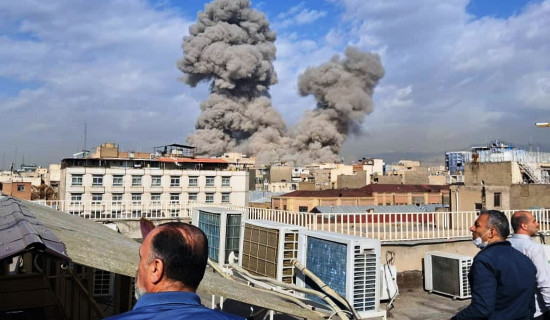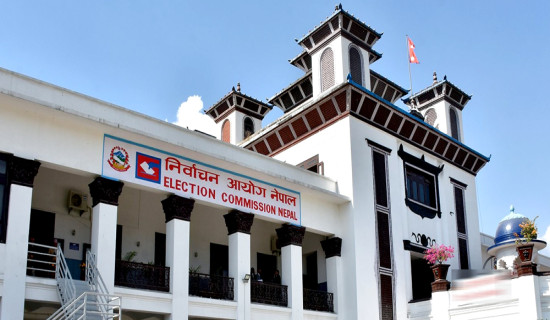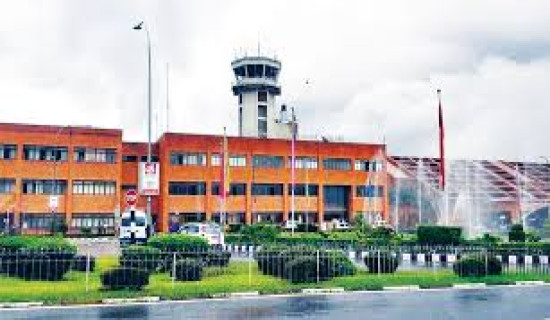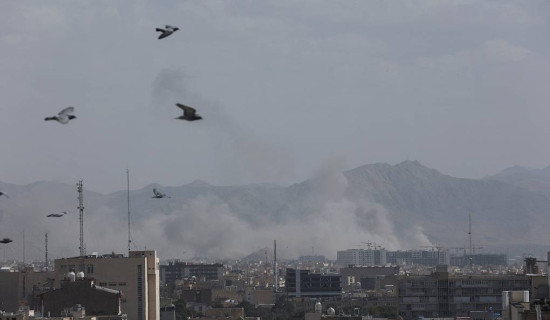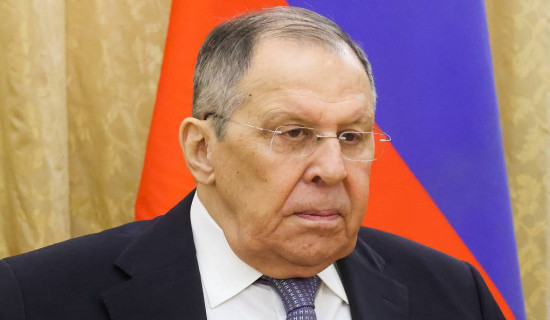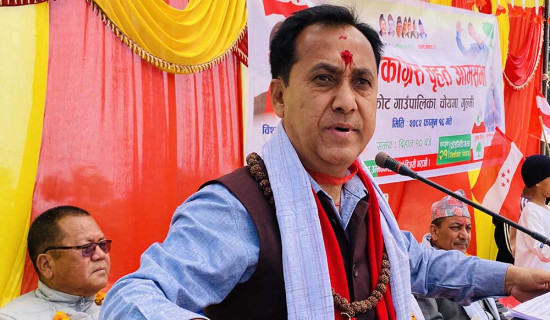- Sunday, 1 March 2026
Public Service Broadcast
Nepal has entered into a new phase of public service broadcasting following the merger of Radio Nepal and Nepal Television. Both the state-owned broadcasting media, considered the nation’s pioneer public media services, are geared to operate under the single management system. Public service broadcasting media outlets that includes radio, television and other electronic audio and visual media have raised themselves above the partisan and commercial interest. The commercial broadcasting media outlets have also grown exponentially over the decades after the country adopted multiparty democracy in 1990. However, in a country like Nepal, the role of public media, be it print or radio or television, is crucial in imparting right information to the people by keeping vested political and economic interest at bay.
The public service broadcasting is premised on the principle of inclusivity, geographical accessibility, promotion of national identity and a sense of community. They give priority to the social issues and topics that are often ignored by the commercial broadcasting outlets. The broadcasting companies manage their resources through television license fee, government funding, individual contributions and commercial advertisements. However, the portion of commercial incomes is not high. Last September, both Houses of Federal Parliament of Nepal endorsed the Public Service Broadcasting Bill that has the provision of merging the Radio Nepal and Nepal Television, adjustment of employees with equivalent levels and categories and benefit for volunteer retirement.
On Tuesday, a pre-launching of Public Service Broadcasting (PSB) function was organised on the former Nepal Television premises. The three-day programme discusses the PSB model. On the first day, the participants have discussed the political discourse on the PSB, according to a news report of this daily. Speaking at the function, Minister for Communication and Information Technology, Prithvi Subba Gurung, emphasised that the primary responsibility of the PSB organisation was to uphold the public's right to information while embracing inclusivity. Minister Gurung noted that the PSB should reflect the nation's diversity and remain citizen-centred. Given that Nepal is a multilingual, multiethnic, multicultural and multi-religious nation, the inclusivity and equality should form the cornerstone of the PSB institutions. Giving voice to the people living in far-flung areas of the country should be another priority.
The integration of Radio Nepal and Nepal Television marks a significant moment in the country's evolution of broadcasting media outlets. They need institutional reforms for the effective and efficient operation, with relevant and pro-public content. As the pioneering and influential broadcasters, Nepal Television and Radio Nepal have the onus to hold the government accountable to its commitment and actions, which is essential for the good governance and effective service delivery. However, PSB media outlets face challenges from the digital and social media. So they need to be equipped with sophisticated digital technology and must cover a broader segment of the populace.
Capacity building and resource mobilisation are vital for the sustainable operation of PSB institutions. At a time when the fake news, misinformation and disinformation are circulated via the easily accessible digital media, PSB organisation requires to be innovative, timely and pro-people. They should serve as the robust public media and offer space to the constructive discourse on burning political, social, economic and cultural issues, thereby contributing to the grand nation-building mission.











